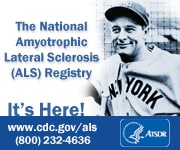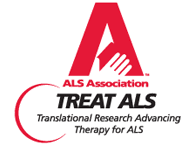 The Brain Game has been a staple of Saturday evening television in central Indiana for decades.
The Brain Game has been a staple of Saturday evening television in central Indiana for decades.It's a knockoff of the old College Bowl format and the Brain Game teams attract smart high school kids with the ability to retain and recall facts and figures. Teams are coached and train and practice and often have members who specialize in current events or medicine or chemistry or literature. These are tomorrow's Jeopardy! champions. Some schools take this very seriously.
Last night in one of the tournament rounds, a question was, "What is the three-letter abbreviation used for Lou Gehrig's Disease?" The silence was deafening. Usually somebody rings in quickly with at least a good guess. Nothing. Then a student from Park-Tudor rang in and stumbled, "M...uh...S...uh...I don't know." That gave Noblesville a free guess. A student rang in and with a quizzical look on his face answered, "A L S ?" Right.
These are some of our best and brightest students who live in an area where ALS walks are held every year and where there is an ALS Association chapter and an active MDA organization.
We should have smart high school students knowing not only the abbreviation for Lou Gehrig's Disease but also the disease course, the prognosis, the challenging science, the advocacy issues, the impact that it has had on other teens' families.
We obviously have not succeeded in the awareness category.











